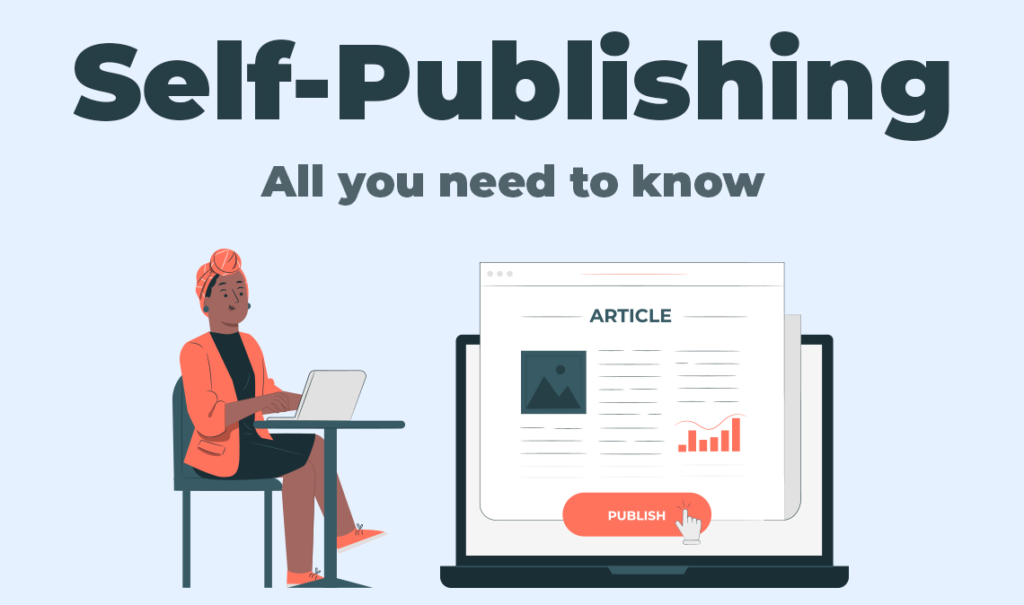

Self-publishing has become a buzzword in the literary community, but what does it truly mean? Understanding the concept of self-publishing is essential for authors considering this path and for readers interested in the evolving dynamics of the book industry. Explore a vast collection of Betwinner slots, featuring diverse themes and innovative gameplay mechanics, ensuring endless entertainment and big win potential. Hemingway publishing company can help author for self publishing.
Definition of Self-Publishing
At its core, self-publishing refers to the process by which an author independently published their work without the involvement of a traditional publishing house. This means the author is responsible for all aspects of the publication process, from writing and editing to design and distribution.
- Autonomy: Authors make all the decisions regarding their book.
- Responsibility: Authors handle or outsource tasks typically managed by publishers.
Check self publishing services.
Historical Context
Self-publishing is not a new phenomenon. Historically, many renowned authors have self-published their works, including Walt Whitman and Virginia Woolf. However, the modern self-publishing landscape has been transformed by digital technology.
- Traditional vs. Modern: The rise of the internet and digital platforms has made self-publishing more accessible and efficient.
- Pioneers: Early self-published successes laid the groundwork for today’s booming industry.
The Self-Publishing Process
Understanding the steps involved in self-publishing can demystify the process for aspiring authors.
- Writing and Editing: Authors must ensure their manuscript is polished and professional, often hiring freelance editors.
- Design: Cover design and formatting are crucial for attracting readers.
- Distribution: Platforms like Amazon Kindle Direct Publishing (KDP), IngramSpark, and Smashwords offer distribution channels for both digital and print books.
- Marketing: Authors need to actively market their books to reach potential readers.
Challenges and Considerations
While self-publishing offers many benefits, it also comes with challenges that authors must navigate.
- Quality Control: Ensuring high standards in writing, editing, and design is essential for credibility.
- Marketing Efforts: Self-published authors must be proactive in their marketing strategies.
- Financial Investment: Initial costs for editing, design, and marketing can be significant.
Conclusion
The meaning of self-publishing extends beyond simply bypassing traditional publishers. It embodies a movement towards authorial independence, creative control, and the democratization of literature. By understanding what self-publishing entails, authors can make informed decisions about their publishing journey, and readers can appreciate the diverse and rich offerings this path provides.






